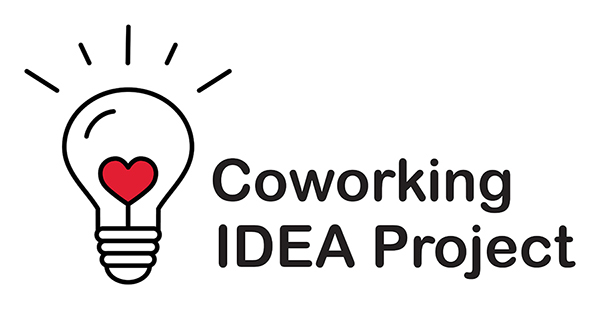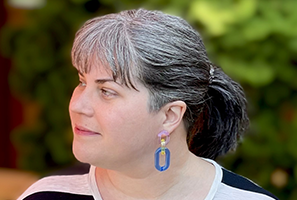Making Inclusion Accessible
September’s IDEA Challenge is facilitated by Devon Persing.
The IDEA Project is a global initiative aimed at developing Inclusivity, Diversity, Equity and Accessibility (IDEA) within coworking and collaborative spaces. Each month, we will host a challenge that assists you in broadening your understanding of IDEA, whilst giving clear actions for you to take to develop IDEA within your space.
Challenge #20 – Making Inclusion Accessible
When organizations engage in diversity work, that doesn’t always include accessibility for disabled people. Let’s dig into ways we can change that!
What is accessibility?
Accessibility is the centering of people with disabilities. That includes people with vision, hearing, speech, mobility, dexterity, cognitive, learning, and neurological disabilities, as well as people who have chronic illnesses. It’s also the work we do to identify ableist systems and norms, root out the internalized ableism we all carry, and understand how disability is amplified along other axes of oppression, like race, gender, and sexuality.
Questions
In this month’s challenge, we’ll center disabled people with three questions:
- How are you considering the lived experiences of disabled people in your community?
- Are your physical spaces and events accessible?
- Are your digital products and services accessible?
You can use this checklist to help you take this month’s challenge.
Question 1: Are you including disabled people in your community?
Challenge: Learn about the experiences of disabled people in their own words. Here are some resources I recommend to get started.
Check out these memories and essay collections:
- Being Seen: One Deafblind Woman’s Fight to End Ableism by Elsa Sjunneson
- Disability Visibility anthology edited by Alice Wong
- The Pretty One: On Life, Pop Culture, Disability and Other Reasons To Fall In Love With Me by Keah Brown
- Many more in this Twitter thread by Emily Ladau
For some disability activism history, check out these resources:
- Article: March 12, 1990: Disability Rights Activists Make “Capitol Crawl” for the ADA
- Documentary: Crip Camp: A Disability Revolution on Netflix
If you’re not based in North America, look for resources made by disabled people in your region and culture. Even better, listen to the voices of disabled people who are already in your community. I’d love to learn your recommendations!
Question 2: Are your physical spaces and events accessible?
If your community gathers virtually or physically, there are some ways you can make those events more accessible to everyone.
Challenge: Review the University of Chicago’s Accessible Events Resource Guide, one example of such a guide, and consider what you can do to make it easier for disabled people to participate in your community. This might look like:
- Captions for video
- Transcripts for video and audio
- Sign language interpretation at live and streamed events
- Avoidance of flashing, blinking, and unnecessary animation in presentations and performances
- Descriptions of essential visuals in presentations and performances
- Quiet spaces to help prevent sensory overload
- Scheduled, regular breaks to help prevent burnout
- Safe places for service animals to rest, eat, drink, etc.
- Async access to events (recordings and transcripts) and communication when possible
- Physical access without assistance (elevators, clearance in aisles and hallways)
- Avoiding scented products to help those with chemical sensitivities
- Food safety (posting of allergens, including options)
- Acting on feedback from disabled participants
- Including participants with disabilities in your code of conduct
If you’re getting started with accessible events, check out Sheri Byrne-Haber’s Eight steps to a more inclusive event.
Question 3: Are your digital spaces accessible?
If you work on your community’s website, start learning how to make your digital spaces accessible.
Challenge: Watch Michele Williams’s 16-minute Introduction to Web Accessibility (or read the transcript).
Additional resources:
- The A11y Project is an excellent place to start for anyone who does web design or development.
- A11yTalks is a free, monthly presentation series with members of the accessibility community talking about inclusive community, digital accessibility, and disability.
Devon Persing is a disabled digital accessibility specialist, educator, and strategist.
The September Coworking IDEA Challenge is sponsored by our friends at Nook.
Use this resource to assist
as you take the IDEA Challenge
September 28th 2022
9:00 AM Pacific | 12:00 PM Eastern
5:00 PM UK | 6:00 PM CET


